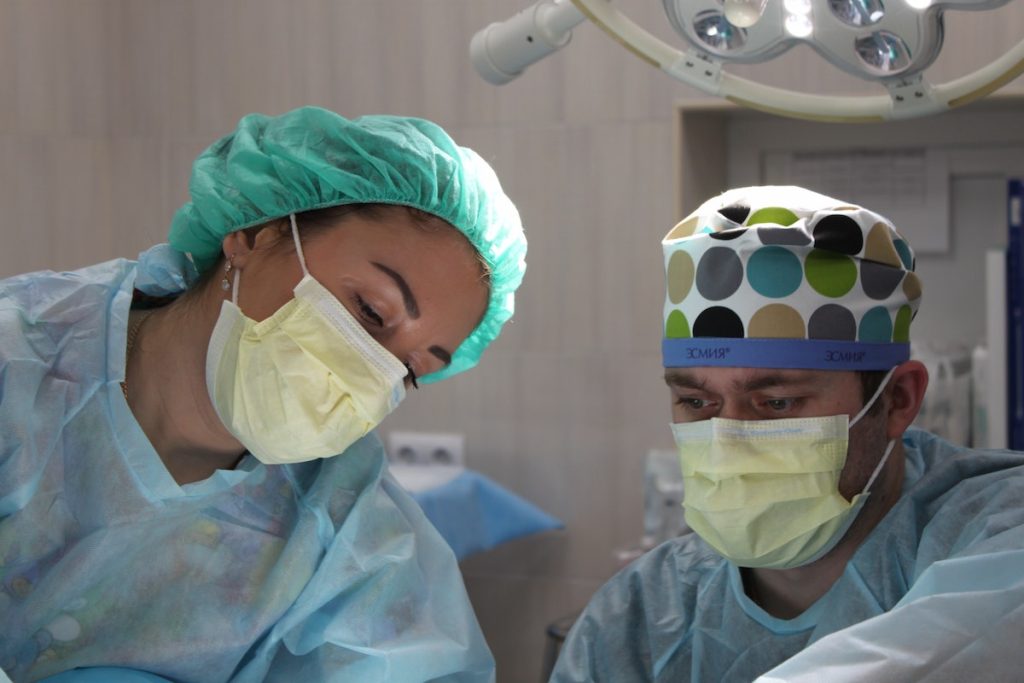It can be heartbreaking to see someone you love to get into surgery. The person will have to undergo a complex and potentially dangerous medical procedure to treat a life-threatening condition or injury. Unfortunately, there might be nothing else to do but to trust the surgeons and hope for the best.
The good news is that most surgeries are successful. According to the American College of Surgeons, over 98% of all surgeries are successful. It means that the person you love will likely recover from their surgery and go back to their life before.
However, the recovery process might be challenging. Over 2% of all surgical patients experience some complication. It means that there is a chance that your loved one might not recover as quickly or as smoothly as you would hope.
This scary percentage is why it’s essential to stay prepared for recovery. Taking care of a loved one post-surgery will be a massive responsibility, but you can handle it. Here is a detailed guide on what you can do to help your loved one recover from surgery.
Educate Yourself About the Surgery
The first thing you need to do is to educate yourself about the surgery. It would be best if you knew everything about the procedure, including the risks and potential complications.
It would help if you also asked the surgeon about what to expect during recovery. It’s essential to have realistic expectations to better prepare for it.
Fortunately, most surgeries are now achievable laparoscopically. The surgeon will make small incisions and insert a tiny camera to guide them. The procedure is less invasive, so the recovery is usually quicker and easier.
However, not all surgeries can be accomplishable laparoscopically. In some cases, the surgeon might need to make a large incision to access the area they need to treat. The recovery from this type of surgery will be longer and more complicated.
It would help to ask the surgeon about the person’s expected hospital stay. In most cases, the person can go home on the same day as the surgery. However, some surgeries might require an overnight or even a few days in the hospital.
Create a Comfortable Home Environment
Creating a comfortable home environment for a loved one post-surgery is crucial to recovery. After all, they will need plenty of rest to heal properly.
Here are some tips on how to make your loved one’s home environment more comfortable.

Make sure the home is clutter-free:
- This step will help your loved one relax and avoid unnecessary distractions.
Keep the temperature comfortable:
- If it’s too hot or too cold, your loved one might be unable to relax properly.
Have plenty of snacks and drinks available:
- Your loved one will likely be hungry and thirsty after surgery.
Make sure the bed is comfortable:
- If your loved one isn’t comfortable, it might be challenging to sleep well.
Play soft music in the background:
- This strategy can help your loved one relax and fall asleep easier.
However, the most critical responsibility you might have to bear is getting the essential medical supplies for your loved one’s recovery. Prescribed medication will be at the top of the list. Medical tools like heart rate monitors and blood pressure cuffs will also be essential. Unfortunately, your loved one might get bedridden post-surgery, making basic activities like going to the bathroom a challenging task. Fortunately, you can get catheter supplies to prevent your loved one from having to get up out of bed. Bringing food to the table and scrubbing for bathing might also be essential, depending on your loved one’s condition.
You should also get a list of emergency contacts from the surgeon if something goes wrong during recovery. It will be better to seek professional help immediately if any complication arises.
Provide Physical and Emotional Support
Your loved one will need plenty of physical and emotional support to recover properly. It would be best if you were present every step of the way. Here are some tips on how to provide physical and emotional support.
-
Be patient:
The recovery process can be slow, so patience is essential.
-
Encourage your loved one to move around:
It’s crucial to keep the blood flowing to prevent clotting and other complications.
-
Make sure they’re taking their medication:
Prescribed medication is essential for recovery, so make sure your loved one takes it as directed.
-
Be their cheerleader:
Encourage your loved one to stay on the path of recovery despite setbacks.
-
Talk to them about their feelings:
It’s essential to talk about how they’re feeling to help them process their emotions.
Conclusion
Taking care of a loved one post-surgery can be challenging. However, it’s essential to be there for every step. With the tips mentioned above, you can make the recovery process much smoother for you and your loved one.




